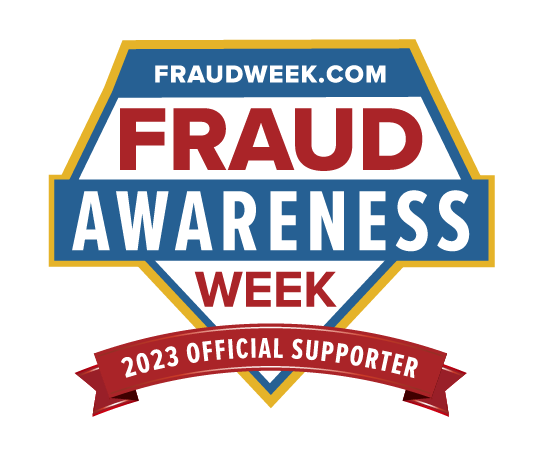Blog Layout
Invoice fraud and CEO spoofing
Jun 08, 2020
If you stop and think about it, you already know how to beat invoice fraud and CEO spoofing.
It’s not hard for fraudsters to find out business invoice details (even down to payment dates) and then pose as regular suppliers.
You know if the ‘supplier’ contacting you might not be your supplier. You know you should always validate requests to change payment details. You know if something in the request doesn’t quite add up.
If you receive an email from your CEO or another senior member of staff asking you to make an urgent payment outside of normal procedures, don’t automatically follow their lead.
You know if the ‘CEO’ emailing you might not genuinely be your CEO. You know if something in their tone or request doesn’t add up, or if something they’re asking doesn’t feel right. You know you should always validate requests to change payment details.
It’s just that when you’re busy, or under pressure, it’s easy to forget this.
By following some simple steps you can beat the fraudsters:
- Don’t assume an email or phone call is authentic. Are they who they say they are? Is it really one of your suppliers? Is it really your CEO? Take time to think. Take time to check.
- Are they supplying the right information? It’s easy for a criminal to pose as your supplier and ask you to change bank account details, or pose as your CEO, emailing to ask you to make an urgent one-off payment. It’s also easy for you to call your real supplier, or your CEO and check!
- Listen to your instincts – you know if something doesn’t feel right. If it feels wrong then it probably is. If you suspect a request isn’t from your genuine supplier, always question it. Always validate requests to change payment details or make one-off payments. Take time to call them back on a number you’ve used before.
- Don’t be rushed or pressured into making a decision. Remember to stop and take time to carefully consider your actions.

15 Dec, 2023
In a world of 24/7 social media, and apps for everything from flights to coffee’s, oversharing personal information online affects more of us than we might think. Whether you’ve shared a seemingly innocent photo of your dog, a video of you supporting your favourite team, or you’ve unwittingly given away details of your banking or passport details, you could be revealing information that is invaluable to a fraudster or identity thief. There is increasing evidence that employee’s over-sharing personal information on social media platforms can enable or facilitate fraud against their employer; businesses like yours!

By Andy Knight
•
03 Oct, 2023
SAFE are proud to be in their seventh year as official supporters of International Fraud Awareness Week (IFAW) 2023. This years event takes place from 12-18 November but you don't need to wait until #fraudweek to be a fraud fighter. We've got lots of great tips and advice here and we'll add more as we approach #fraudweek so make sure you keep checking back here. Be sure to like and follow our LinkedIn and X accounts to stay up-to-date with the very latest fraud prevention advice. Fraud and cyber crime account for over 40% of all estimated crime in England and Wales, affecting more people, more often, than any other crime. The social and economic cost to individuals is estimated to be in excess of £4.7 billion a year. The more aware we all are about fraud, the less likely we are to fall victim to it.

By Andy Knight
•
27 Jul, 2023
53% of all fraud reports made directly to the NHS Counter Fraud Authority (NHS CFA) in 2022-23 related to NHS staff fraud . The NHS CFA estimate that £22.5m of public money is vulnerable to fraud as a result. One particular type of NHS staff fraud that continues to persist is known as ‘working whilst sick’ fraud. This is where an employee is absent from their NHS position due to illness but starts working, or continues to work, for another employer. This type of fraud is not confined to the NHS, businesses across many different sectors will fall victim and suffer financial losses and associated costs as a result.
Want more information?
SAFE - Security and Fraud Experts
Privacy Policy | Cookies
© 2024



